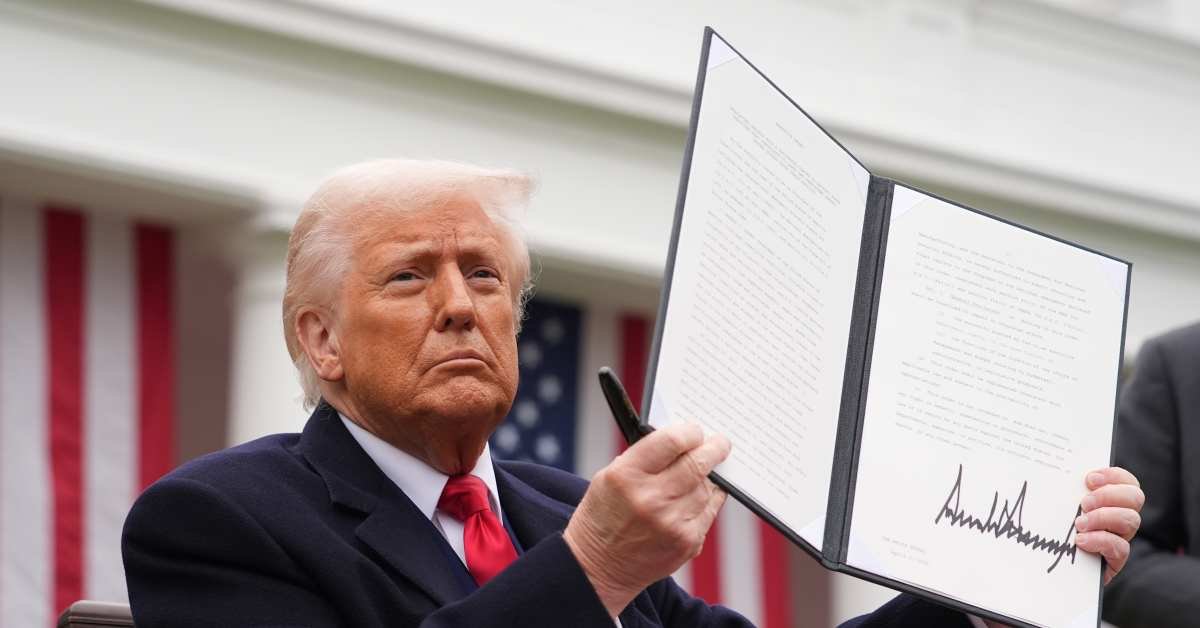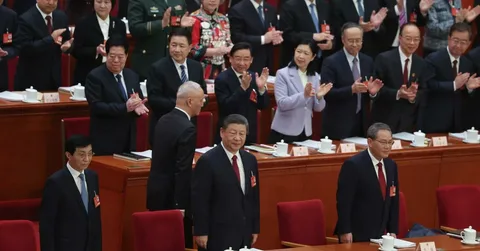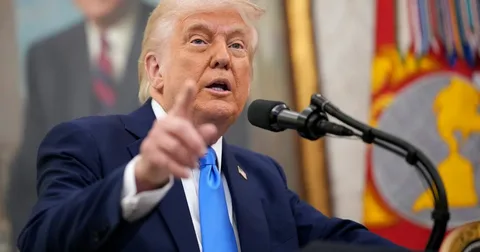Trump Tariff War: Impact on China’s Economy and What’s at Stake

The ongoing Trump Tariff War between the United States and China has had a significant and far-reaching impact on both economies and global markets. This article explores the consequences of the Trump Tariff War, focusing on China’s economy and what is at stake for the country.
Table of Contents
Impact on China’s Economy

Trump Tariff War with China has strained China’s economic growth, which was previously driven by strong exports and industrial output. The Chinese economy has been hurt by tariffs on hundreds of billions of dollars’ worth of goods, leading to a slowdown in production and exports.
Key sectors like manufacturing, electronics, and textiles have been significantly impacted as these industries face reduced demand in the U.S. and higher costs for raw materials due to tariffs.
The tariffs have also led to job losses, particularly in export-oriented industries, which in turn has increased unemployment in some regions of China.
To mitigate the damage, the Chinese government has attempted to provide stimulus measures, but the long-term effects of the Trump Tariff War continue to weigh on the economy.
U.S. Economic Impact
While the tariffs have undoubtedly affected China, the U.S. economy has also suffered consequences. American consumers have seen higher prices for many Chinese-made products due to the tariffs.
This increase in costs has led to inflationary pressure in some sectors, impacting everything from consumer electronics to clothing.
Additionally, U.S. businesses that rely on Chinese imports or that have operations in China have faced disruptions, with many moving their production elsewhere or looking for alternative suppliers. The uncertainty of the Trump Tariff War has also hurt investor confidence, leading to volatility in global stock markets.
China Retaliation
In response to the Trump Tariff War, China has retaliated by imposing its own tariffs on American goods, including agricultural products like soybeans, as well as other industries such as automobiles and chemicals.
These retaliatory tariffs have hurt U.S. farmers and businesses, especially those dependent on exports to China.
In addition to tariffs, China has employed other strategies, such as devaluing its currency, the yuan, to offset the effects of U.S. tariffs.
While these moves have provided some relief, they have also led to concerns about inflation and potential capital flight from China.
Global Reactions
The Trump Tariff War has had far-reaching consequences beyond the two nations involved. Other countries that rely on China as a trading partner, such as those in Southeast Asia, have been affected by the ripple effects of the trade war.
Global supply chains have been disrupted, with companies reassessing their sourcing strategies and shifting production to other countries.
Countries in Europe and elsewhere have expressed concern about the potential for a global economic slowdown due to the trade war.
There has also been a call for multilateral solutions to address the tensions between the world’s two largest economies, rather than relying on bilateral tariffs that have broader repercussions.
Trade Negotiation
Over the course of the Trump Tariff War, both the U.S. and China have engaged in several rounds of trade negotiations in an attempt to reach a deal that would ease the economic pressure on both countries. These negotiations have focused on issues such as intellectual property theft, trade imbalances, and market access.
Despite efforts to find common ground, significant challenges remain, with both sides sticking to their demands. While there has been progress, the situation remains fluid, with ongoing negotiations in the hope of reaching a long-term trade agreement.
Conclusion
Trump Tariff War has had profound effects on China’s economy, with significant consequences for both domestic growth and global trade.
While China’s retaliation has helped alleviate some of the immediate pressure, the long-term implications of the tariff war remain uncertain.
U.S. and China will need to engage in meaningful negotiations to resolve their differences and avoid further economic harm.
For China, what’s at stake is more than just the immediate economic impact it is about securing its future as a dominant global power.
As the tariff war continues, China will likely continue to adapt, finding new ways to reduce its reliance on U.S. trade and strengthening its position in the global market. The outcome of this trade conflict will undoubtedly shape the global economic landscape for years to come.






